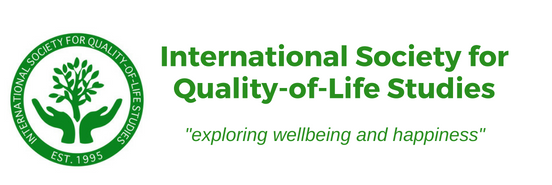Journal of Happiness Studieshttps://doi.org/10.1007/s10902-020-00335-41 3RESEARCH PAPER
Modern Economic Growth, Culture, andSubjective Well‑Being: Evidence fromArctic Alaska
FengyuWu1,2 Accepted: 18 November 2020 © Springer Nature B.V. 2020
Abstract
The life satisfaction of the indigenous population in Arctic Alaska is quite high, perhaps higher than that of the U.S. population in general. Is wage employment brought by modern economic growth responsible for their high life satisfaction? Probably not. Interestingly, we find that household wage income and job opportunities per working-age Native are neg-atively associated with their life satisfaction. In contrast, non-wage income, which does not involve the sacrifice of time that can be used for subsistence activities, is positively associated with life satisfaction. A household’s involvement in these traditional activities is found to be positively associated with life satisfaction as well. The findings challenge the common preconception about the effects of modernization and point to the importance of the non-wage subsistence activities as a preferred substitute for wage employment to this indigenous population. A combination of Christian religious beliefs and indigenous spir-itual beliefs is also positively associated with their life satisfaction.Keywords Subjective well-being· Life satisfaction· Economic growth· Subsistence activities· Culture· Indigenous populationJ
read here
Modern Economic Growth, Culture, and Subjective Well-Being: Evidence from Arctic Alaska (springer.com)
